How to Get Started With Debian on RockPro64
There's a slew of Linux distributions (distros) on the market, from standard desktop fare such as Ubuntu, Linux Mint, and Elementary OS to lightweight releases such as Armbian, home theatre PC (HTPC) images like LibreELEC, and retro gaming distros including Recalbox. Among the most popular desktop Linux distros, Debian provides an excellent foundation. As one of the oldest Linux operating systems, Debian is rock solid, stable, and secure. With a Debian distro for the RockPro64, you can begin your RockPro64 Debian journey. Learn how to run Debian on the RockPro64!
What is the Pine64 RockPro64?
The RockPro64 from Pine64 is a powerful single-board computer, and Raspberry Pi alternative. It's powered by a Rockchip RK3399 Hexa-core processor with dual ARM Cortex A72 and quad ARM Cortex A53 CPUs, a MALI T-860 quad-core GPU, and outfitted with either 2GB or 4GB of RAM. There's an HDMI 2.0 port, PCIe x4 connector, and PI-2 GPIO bus. For installing an operating system, you'll find a microSD card slot as well as eMMC slot.
Pine64's RockPro64 features a USB 3.0 type C port, one USB 3.0 type A, and two USB 2.0 hosts. While there's no WI-Fi or Bluetooth on board, it touts Gigabit Ethernet, and an optional Bluetooth/Wi-Fi module allows for wireless connectivity.
Pine64 RockPro64 specs:
- Rockchip RK3399 Hexa-Core (dual ARM Cortex A72 and quad ARM Cortex A53) processor
- MALI T-860 Quad-Core GPU
- 2GB or 4GB RAM
- eMMC slot
- microSD card slot
- 1 x USB 3.0 Type C
- 1x USB 3.0 type A
- 2x USB 2.0 Host
- Gigabit Ethernet
- PI-2 GPIO Bus
- eDP interface
- MiPi DSI interface
- Touch panel interface
- Stereo MiPi CSI interface
What is Debian?
Although Debian isn't the only, or even oldest, Linux distro, it's a heavyweight Linux OS. As such, Debian spawned a bevy of operating systems. Ubuntu and its derivatives are Debian-based OSes. Likewise, Knoppix is a Debian-based Linux distro. With its superb stability and security, Debian is a fantastic choice as a desktop distro, do-it-yourself (DIY) home theatre PC (HTPC), or even a server environment. A smattering of operating systems run on the RockPro64 including Recalbox, Armbian, DietPi, LibreELEC, Batocera, and even a RockPro64 Android image.
How to Install Debian on RockPro64
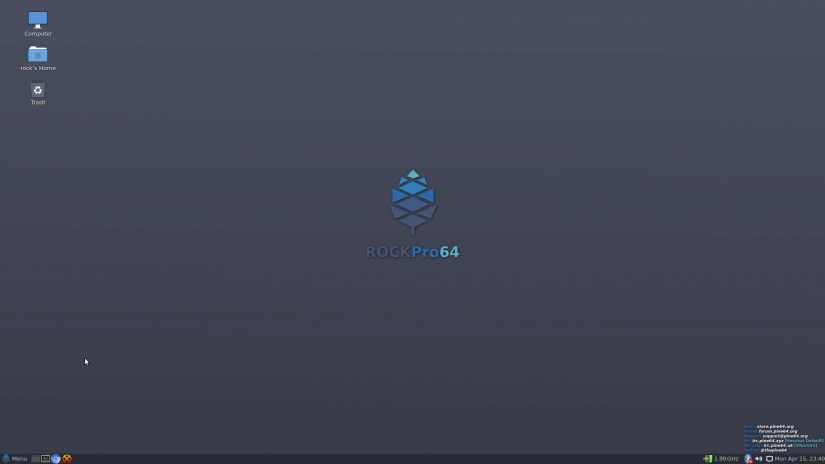
A basic RockPro64 Debian desktop requires a few items. First, the RockPro64 itself. I suggest the 4GB variant, as it lends more horsepower for multi-tasking as a desktop. However, the 2GB version should be just fine. You'll need a power supply, optional but recommended case, and either eMMC module or microSD card. Plus, the Debian RockPro64 image. Additionally, you'll need software to extract the compressed image, and to mount it on a storage device.
What you'll need for a RockPro64 Debian desktop:
- RockPro64 board
- PSU
- eMMC or microSD card
- Optional but recommended case
- Peripherals (keyboard, mouse)
- RockPro64 Debian image
Total cost: $60 USD+. You can snag the RockPro64 2GB variant for $60, with the 4GB iteration clocking in at $80. Accessories will retail for extra.
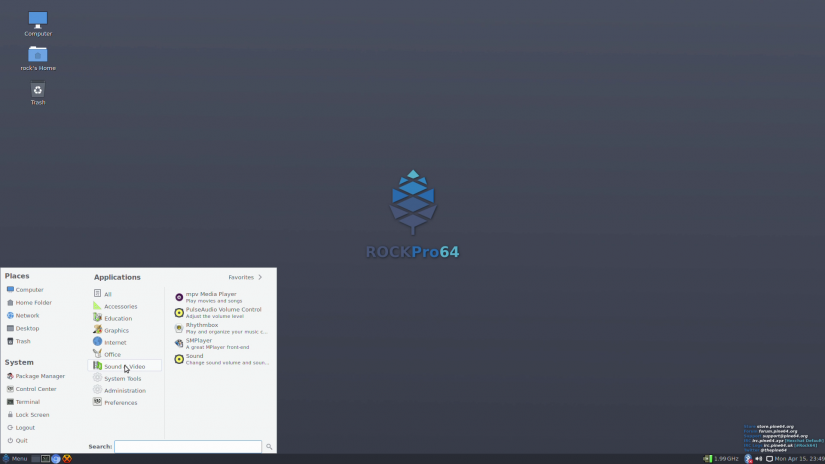
Head over to the RockPro64 Debian GitHub page and snag the download. It's a complete desktop running Debian MATE, and works with the official Pine64 Bluetooth and Wi-Fi module. There's 1080p and optional 4K support, an accelerated Chromium browser, LibreOffice, and more. It's an img.xz file, so you'll need to extract it with a program such as 7Zip. Using software like Etcher, mount it to a microSD card or your eMMC module. Then, pop that card out and put it in your RockPro64.
Hands-on With Debian on the RockPro64
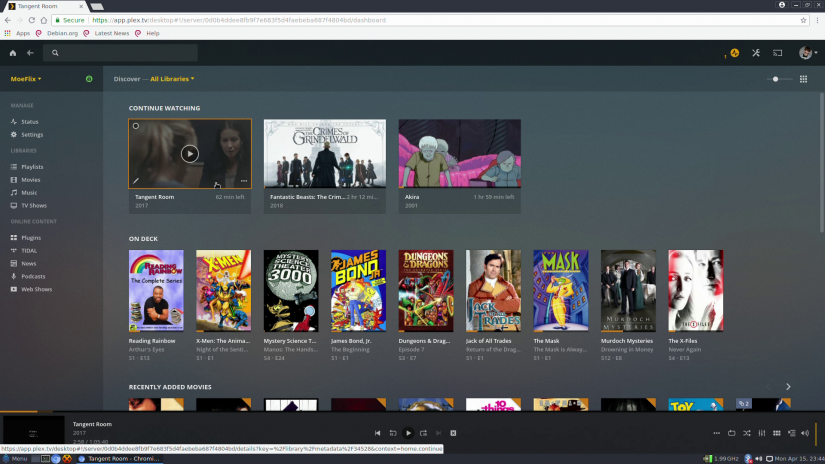
Debian runs extremely well on the RockPro64. Most of the kinks have been ironed out, and as a complete desktop distro, it's multi-purpose. I tested out office productivity with LibreOffice, audio editing with Audacity, and video streaming plus local multimedia playback. I appreciated the ability to cobble together an all-in-one office, gaming, and HTPC device. You can make your own comprehensive operating system similar to GameStation Turbo for the Odroid XU4. I wrote an article in LibreOffice, edited a podcast with Audacity, and even watched a few videos as well as listened to music both streaming and through local file playback. You'll want to avoid video editing though, as that will completely overload the CPU.
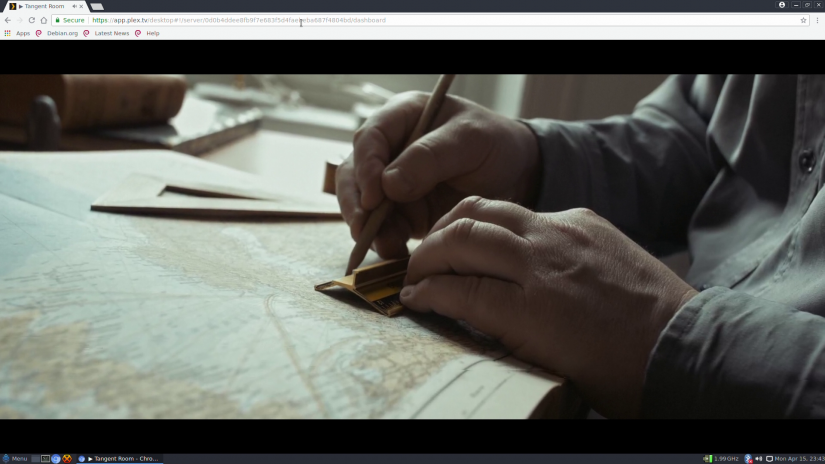
Because of its 4GB of RAM, multitasking is far superior to desktop use of boards such as the Raspberry Pi. Plus, the RockPro64's RK3399 processor handles many tasks, including retro gaming of Nintendo 64 and PlayStation Portable titles, with ease. Use cases for Debian on the RockPro64 are limitless. It's perfect as a lightweight office desktop, HTPC and gaming device, or even a torrent box. You could even create file or web server with a single RockPro64 or cluster of these boards.
I successfully streamed Plex in-browser with the RockPro64 running Linux Debian, and the tiny yet powerful SBC handles video playback wonderfully. Likewise, YouTube videos streamed without a hitch. Though I didn't test out RetroArch, gaming should be fine with emulators, and programs such as ExaGear.
Should You Use Debian on the RockPro64?
The main problem with many single-board computers is lack of support. Thankfully, Debian on the RockPro64 runs well, and lends itself to daily use. Although I'm mostly running Recalbox on my RockPro64 for retro gaming and HTPC use, I'll probably keep a microSD card lying around with a RockPro64 Debian image for occasional desktop use. It's refreshing for a SBC such as the RockPro64 to benefit from a polished Debian desktop release. Despite beefy specs, the powerful maker boards are crippled sans solid software support.
If you're planning to use your RockPro64 as a desktop, Debian is the top choice for a distro. Even for gaming and multimedia use, Debian serves a multi-purpose function. You can't go wrong with this release which improves upon other desktop distros for the RockPro64.
What maker boards and operating systems are you using?






























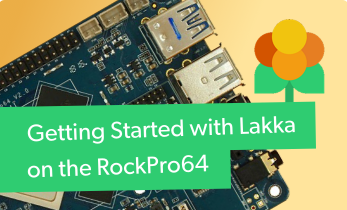



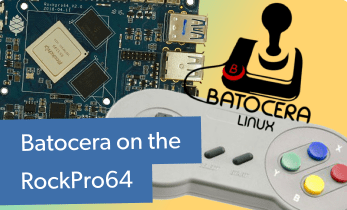
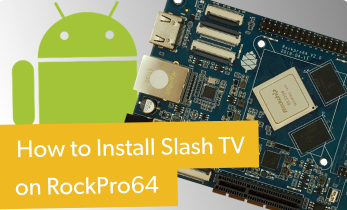
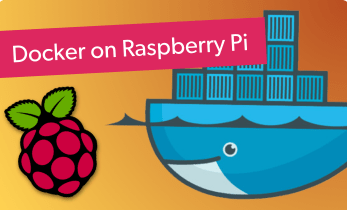



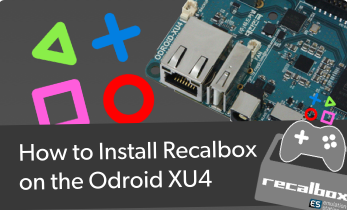
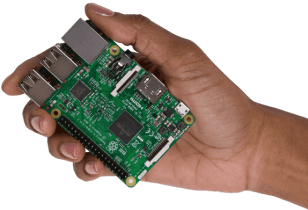
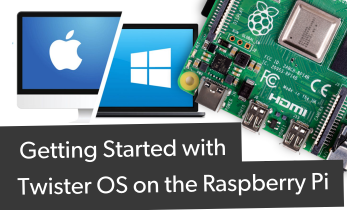
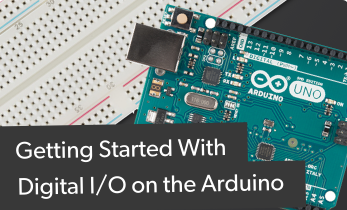


Leave your feedback...